The Manhattan case is getting all the attention now but the “fake electors” prosecutions against Donald Trump and his allies could soon take center stage in the coming months.
Democrat prosecutors in Arizona, Georgia, and Michigan claim a post-2020 election effort to win an Electoral College victory is a threat to democracy. But as my book, “Abuse of Power” details, Hillary Clinton supporters attempted their own Electoral College coup in 2016.
One ring leader was Christine Pelosi, a California elector in 2016, daughter of then-House Democrat Leader Nancy Pelosi.
The younger Pelosi led a letter signed by 53 other electors addressed to the Obama administration’s outgoing Director of National Intelligence James Clapper requesting the intelligence community provide a briefing on Russian interference for the full Electoral College before it votes. “We do not understand our sole function [to be] to convene in mid-December, several weeks after Election Day, and summarily cast our votes,” the Pelosi-led letter said.
Christine Pelosi admitted she wanted to be an elector because she was “thoroughly convinced that this would be my opportunity to cast a vote for the first woman president of the United States.”
Then, there was the Hamilton Electors, named for Alexander Hamilton, who said that the Electoral College existed to ensure, “the office of President will never fall to the lot of any man who is not in an eminent degree endowed with the requisite qualifications.”
Recommended
Electors Bret Chiafalo of Washington state and Michael Baca of Colorado first sought the unattainable goal of uniting 135 Republicans and 135 Democrats behind a compromise president. A more realistic alternative was to convince 37 Republican electors to bolt, bringing Trump’s total vote below 270, so the House could pick someone else.
Hillary Clinton’s senior campaign advisers–including current White House National Security Adviser Jake Sullivan–closely corresponded with the Hamilton Electors, but never publicly backed the effort.
Meanwhile, Clinton electors in California, Colorado, and Washington filed lawsuits to overturn state restrictions on electors from voting however they wish. The goal–at the time–was to set a legal precedent to allow Trump electors to break away. Years later, the Supreme Court upheld state laws requiring electors to abide by the popular vote of their state.
On another front in the desperate attempt to keep Trump from taking office after he won, Harvard Law professor Lawrence Lessig and Boston attorney R.J. Lyman founded the Electors Trust to provide legal advice to electors.
And of course, Hollywood couldn’t stay away.
Martin Sheen, former star of NBC’s “West Wing,” was joined by much of the cast from the show for a political ad aimed at Republican electors. Each actor stated, “I’m not asking you to vote for Hillary Clinton.” They then requested that Republicans in the Electoral College be an “American hero” by keeping Trump out of the White House through their “service and patriotism to the American people.”
As noted in “Abuse of Power,” despite the Left’s efforts, the closest thing we saw to an Electoral College revolt came from Clinton electors, as five voted for someone else. On the Republican side, only two rebelled. The final tally was Trump 304, Clinton 227.
So, no harm no foul in 2016 or 2020 regarding efforts in the Electoral College. A last-ditch effort by the 2016 losing team didn’t warrant prosecution. Neither does the losing team’s doomed-to-fail efforts to get alternative electors seated after the 2020 election.
Yet, in Georgia, Trump, and supporters—including “fake electors” were indicted on RICO charges for challenging the election outcome. In Arizona, Trump’s former White House chief of staff Mark Meadows, and former New York Mayor Rudy Giuliani were among those indicted with “fake electors” for conspiracy. In Michigan, 16 Trump supporters were charged with forgery and conspiracy, and Trump and Meadows were named as unindicted co-conspirators.
So, that’s not to say the cases are identical. They had big differences.
Yes, Trump and his top surrogates publicly pushed and litigated the 2020 effort, and kept it going after the Electoral College voted. Anti-Trumpers mostly did a publicity campaign in 2016. The anti-Trumpers tried to flip existing electors in 2016. Four years later, Trump’s team sought a new slate of electors, similar to the 1876 election dispute, who are now charged in three states.
But most of these defendants argued they were only in place as alternatives if Trump managed to win his lawsuits, which didn’t happen.
The aim in both instances was to stand athwart the anticipated Electoral College outcome shouting stop. That’s arguably silly but hardly unprecedented.

















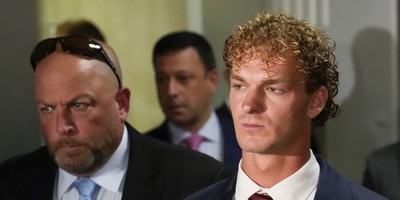
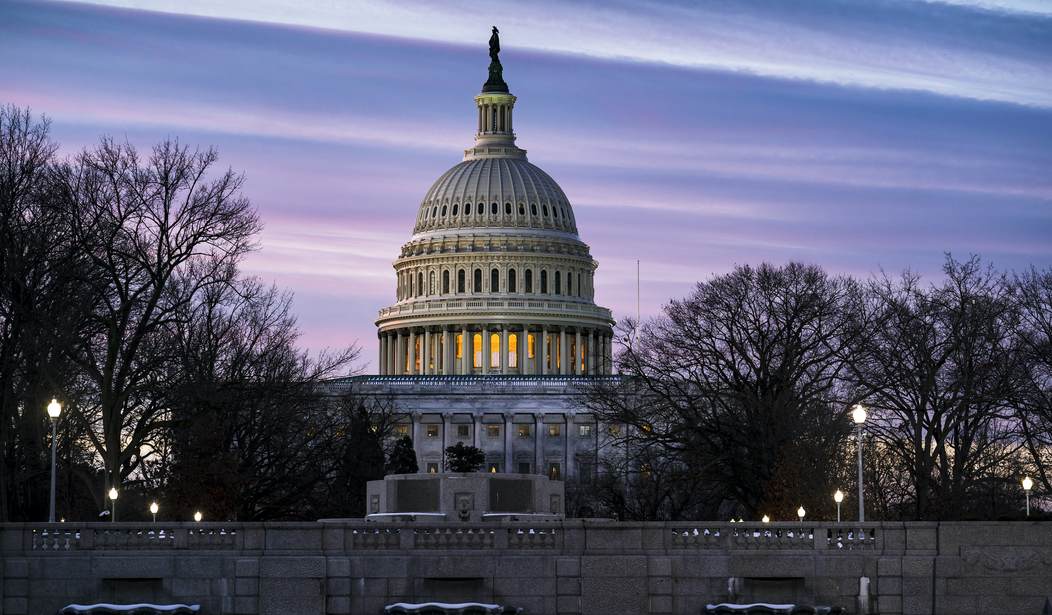
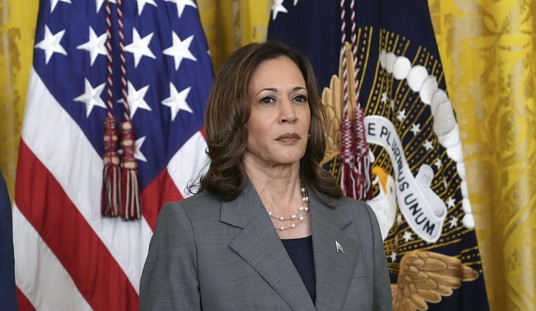
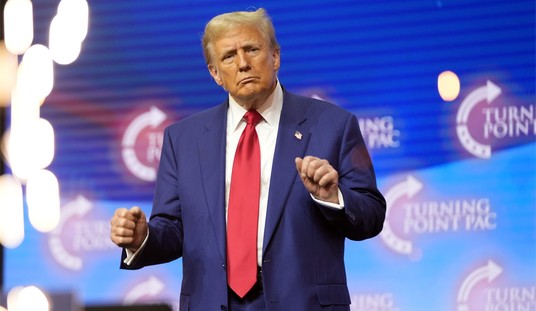

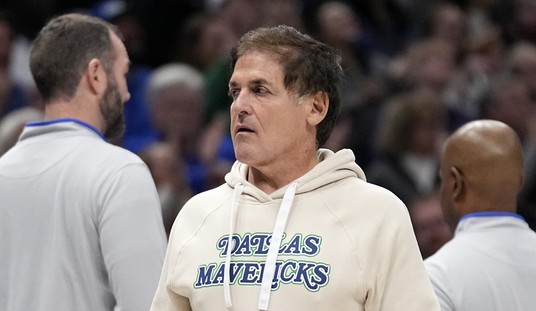
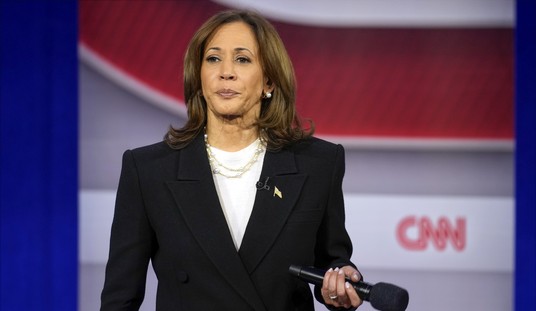
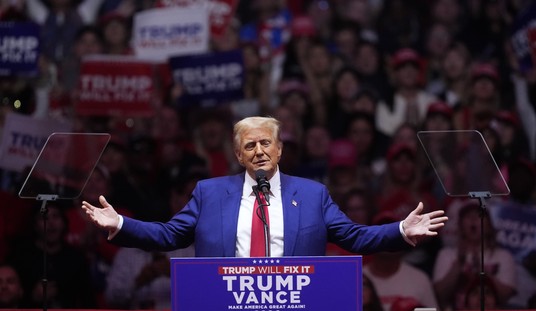
Join the conversation as a VIP Member